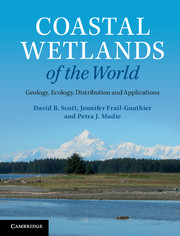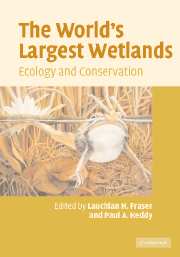Riparian Landscapes
Riparian Landscapes examines the ecological systems of streamside and floodplain areas from the perspective of landscape ecology. The specific spatial pattern of riparian vegetation is seen as a result of, and a control on, the ecological, geomorphological, and hydrological processes that operate along rivers. Riparian structures are controlled by the spatial dynamics of channels, flooding and soil moisture. These dynamics are part of integrated cascades of water, sediment, nutrients and carbon, to which animal and plant species respond in ways that illuminate community structure and competition. The role of the riparian zone in controlling species distribution and abundance is discussed. Intelligent management of these valuable ecological resources is highlighted. The potential for linking hydrological, geomorphological and ecological simulation models is also explored.
- Of interest to workers in a wide variety of disciplines
- Area becoming more important in these times of falling water levels and river drying
- More theoretical and international than the competing text
Product details
May 1993Hardback
9780521384315
308 pages
236 × 159 × 23 mm
0.644kg
44 b/w illus. 5 tables
Available
Table of Contents
- 1. Principles considered
- 2. Riparian topics
- 3. Landscape structure
- 4. Internal structure
- 5. Cascades of material and energy
- 6. Species dynamics
- 7. Organising the landscape
- References
- Index.








